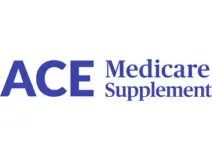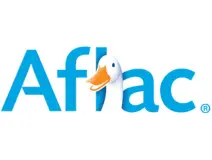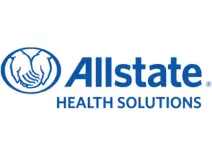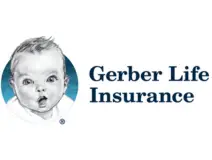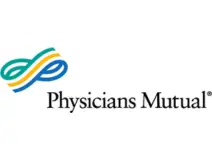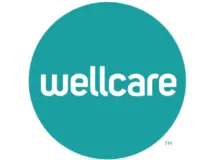Medicare Part A

2025 Medicare Part A Changes
Starting January 1, 2025:
- Medicare Part A inpatient deductible for hospital admittance has increased from $1,632 (in 2024) to $1,676 (in 2025) for each benefit period.
- The Medicare Part A premium for people with 30+ (but less than 40) quarters of work history has stayed level at $285/month (in 2025).
- The Medicare Part A premium for people with fewer than 30 quarters of work history has stayed level at $518/month (in 2025).
PART A: HOSPITALIZATION INPATIENT DEDUCTIBLE AND COINSURANCE
- Part A has a deductible that applies to each benefit period (rather than a calendar-year deductible like. Part B or private insurance plans) and is increasing from $1,632 (in 2024) to $1,676 (in 2025)*. *This increase applies to all enrollees, although many enrollees have Medicare Supplement (Medigap) Insurance coverage that pays all or part of the Part A deductible.
- Days 1-60: $0 coinsurance for each benefit period.
- Days 61-90: $419 coinsurance per day of each benefit period (up from $408 per day in 2024).
- Days 91-150: The coinsurance per each “lifetime reserve day” after day 90 for each benefit period is $838 coinsurance per day in 2025 (up from $816 per day in 2024). (up to 60 days over your lifetime)
- After day 150: You pay all costs.
PART A: SKILLED NURSING FACILITIES
- Medicare only covers skilled nursing facility care if the patient had an inpatient hospital stay of at least three days before being transferred to a skilled nursing facility. A coinsurance payment applies to days 21 through 100 in a skilled nursing facility, and for days 101 and beyond, all costs must be paid by the recipient.
- Days 1-20: $0 for each benefit period
- Days 21-100: $209.50 coinsurance per day of each benefit period (up from $204 a day in 2024).
- Days 101 and beyond: You pay all costs.
Medicare Part A (Hospital Insurance) helps pay for the cost of inpatient hospital care.
Part A (Hospital Insurance) Helps cover the following:
- Inpatient care in hospitals (such as critical access hospitals and inpatient rehabilitation facilities)
- Inpatient care in a skilled nursing facility (not custodial or long-term care)
- Hospice care services and home health care services
Most people will not have to pay a monthly cost (premium) for Part A because they or their spouse paid Medicare taxes while working.
If you get benefits from Social Security or the Railroad Retirement Board (RRB), you automatically get Part A starting the first day of the month you turn age 65. If you are under age 65 and disabled, you automatically get Part A after you get disability benefits from Social Security or certain disability benefits from the RBB for 24 months. You will get your Medicare card in the mail 3 months before your 65th birthday or your 25th month of disability. If you have ALS (Amyotrophic Lateral Sclerosis, also called Lou Gehrig’s disease), you automatically get Part A the month your disability benefits begin.
If you are not eligible for premium-free Part A, you may be able to buy Part A if you meet the following conditions:
- You are 65 or older, and you are entitled to (or enrolling in) Part B and meet the citizenship or residency requirements.
- You are under age 65, disabled, and your premium-free Part A coverage ended because you returned to work.
- You have not paid Medicare taxes through your employment.

